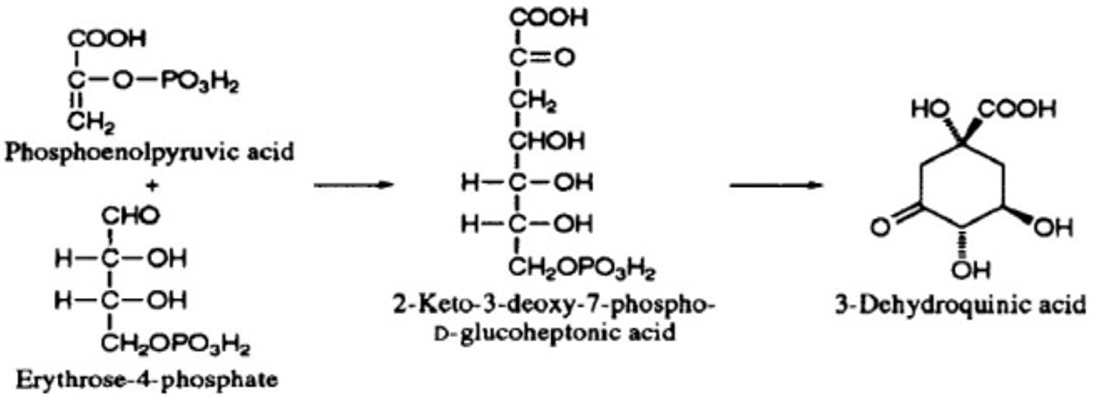- Printed Journal
- Indexed Journal
- Refereed Journal
- Peer Reviewed Journal

Journal of Pharmacognosy and Phytochemistry
Vol. 14, Issue 5 (2025)
Biosynthetic pathways in plants: A gateway to natural products and drug discovery
Tanvi Patel, Yugmi Patel, Mansi Patel, Damini Patel, Divyakant Patel and Khushboo Vaghela
Biosynthesis, also termed anabolism, is a fundamental biological process wherein living organisms synthesize complex macromolecules from simple precursors through enzyme-catalyzed reactions, often requiring cofactors such as ATP, NADH, and NADPH. Primary metabolites, including sugars, amino acids, and fatty acids, sustain growth and physiological development, while secondary metabolites such as alkaloids, flavonoids, and glycosides arise from primary pathways and confer ecological and pharmacological advantages. Central metabolic pathways like glycolysis, the pentose phosphate pathway, and photosynthesis provide essential precursors for these biosynthetic reactions. Secondary metabolite biosynthesis is primarily governed by three major pathways: the shikimic acid pathway, which yields aromatic amino acids and phenylpropanoids with roles in plant defense and as pharmaceutical precursors (e.g., oseltamivir, alkaloids, flavonoids); the acetate-mevalonate pathway, central to terpenoid and steroid biosynthesis, also representing the pharmacological target of statins; and the acetate-malonate (polyketide) pathway, which produces fatty acids and diverse polyketides, including clinically vital antibiotics, anticancer agents, and immunosuppressants. Advances in metabolic engineering, combinatorial biosynthesis, and engineered host systems have expanded the scope of these pathways for drug discovery and industrial applications. Understanding biosynthetic mechanisms provides critical insights into natural product chemistry, plant defense systems, and therapeutic innovation in pharmacognosy.

Fig. 1: Shikimate pathway: early intermediate formation steps.
Pages: 328-335 | 565 Views 392 Downloads









